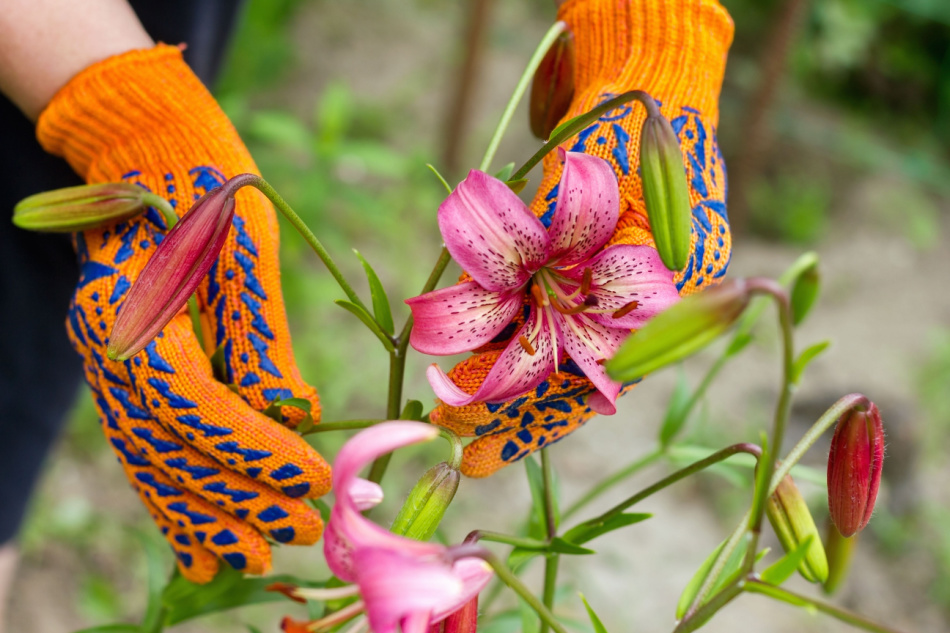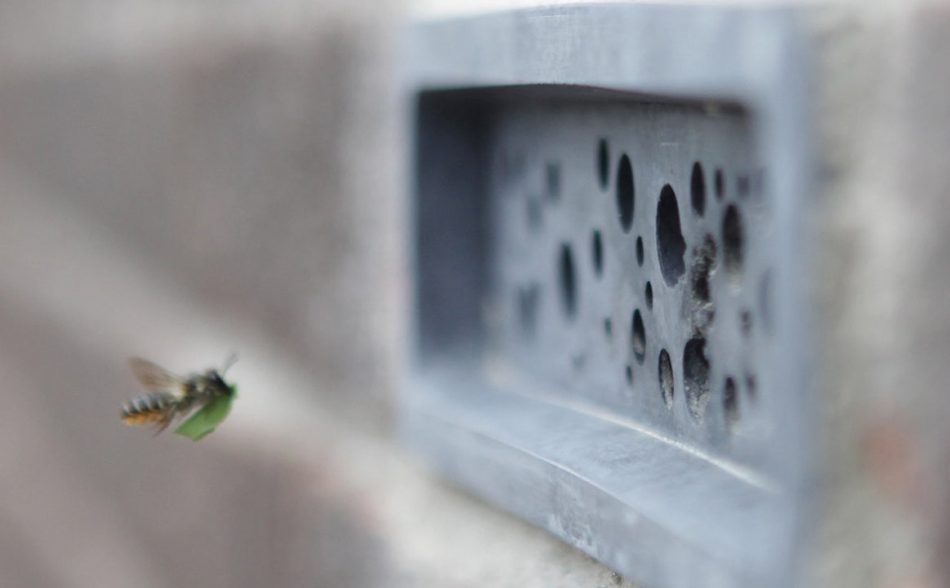
The case for growing nectar-rich plants in your garden this spring
The nectar created by flowering plants is a significant food source for many of the critters we share our environment with. Those of us who want to attract wildlife to our gardens understand the importance of having flowering plants in bloom for as long as possible. Selecting nectar-rich plants Read More...

Love bees but need to relocate a hive? Here’s how to do it sustainably
If you are a longtime reader of The Optimist Daily, you’ll know that our team loves bees (and other pollinators). We've published many stories on why bees are critical to our world’s ecosystem and to our species' survival, as well as articles that highlight amazing people and initiatives that Read More...

A garden designer’s top 6 tips for rewilding your own garden
Rewilding is a progressive form of ecological restoration and conservation that returns a region to its natural, wild, and “unkempt” state. Here at The Optimist Daily, we love to spotlight the amazing rewilding initiatives that are taking off worldwide, and exactly how each project helps boost Read More...

4 fascinating facts about bees to celebrate Bee Day
May 20th is Bee Day! So, to celebrate our fabulous pollinating friends, here are four facts that go beyond their all-important role in plant cross-fertilization. Females are the future Female bees have different jobs depending on the species, but in all communities, female bees play essential Read More...

How native stingless bees help maintain the rainforest and local communities
Our appreciation for pollinators has grown exponentially as we learn more about our environments and the importance of even the smallest creatures in the grander scheme of things. However, we still have much to discover about the different species and the specific roles they play. For biologist, Read More...

More than 25 cities in Wisconsin to participate in No Mow May
No Mow May is an initiative that encourages gardeners and homeowners to let their lawns grow wild in the interest of boosting biodiversity and supporting important pollinator populations, which are in decline. It originally began in the UK, but in the spring of 2020, caught on in Appleton, Read More...

Celebrate Earth Day by planting native plants… and then neglecting them
A lot of the time, human intervention is less effective than letting nature take its own course. So, this year, why not honor Mother Nature by giving her free rein over your garden. Instead of wishing for perfectly manicured lawns and pristine landscaping, imagine instead a fairytale-like oasis Read More...

Why we should all trade our fences for this environmentally supportive alternative
To tackle the climate crisis and reduce pollution, the Royal Horticultural Society (RHS) in the UK urges gardeners and homeowners to take down their fences and plant hedges instead. The charity partnered with scientists to explore what types of green infrastructure could be implemented, Read More...

Brighton passes buzz-worthy law requiring bee bricks
The city of Brighton and Hove in England have introduced a new planning law worth buzzing about—the law requires new buildings to include special bricks that have little nests for solitary bees. The Brighton & Hove Council’s policy specifies that all new buildings over five meters tall Read More...

Plantlife launches No Mow May campaign to support pollinators in the UK
Conservation charity Plantlife is urging gardeners in the UK to “do nothing for nature” this month as part of their No Mow May campaign. This campaign is designed to let wildflowers grow unrestrained in people’s yards, to provide more food for pollinators. Plantlife has even approached Read More...


